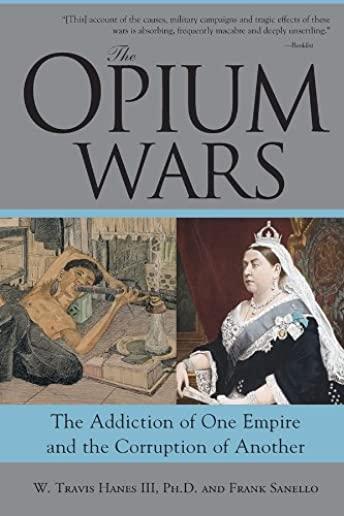
McCoy, Cameron D.
Cameron McCoy describes the factors and pressures leading to the racial turbulence that surfaced in the Marine Corps from the end of World War II through Vietnam, and the measures taken by civilian and Marine officials to maintain and restore organizational integrity based on a foundation of white supremacy. He examines the psychological effects of institutionalized racism on African American Marines during the Vietnam era and the emergence of a new generation of black men unwilling to submit to the traditions of a Jim Crow Marine Corps. By exploring the realities American society constructed about black Marines, this work calls attention to the diverse ways in which these men coped within a strict, prejudiced organization and found greater purpose as US Marines despite an embattled image.
Contested Valor weaves the experiences of black Americans in the armed forces into the larger tapestry of the American racialist past and aptly captures the dilemmas, triumphs, and pitfalls that the first African American Marines encountered during the contentious eras of World War II, Korea, and Vietnam. McCoy explores the creation of organizational policies designed to minimize their footprint as US Marines until the social experiment of military integration faded and illustrates the discriminatory practices that further delegitimized their wartime reputation.
McCoy demonstrates that black Marines' absence from the historical record has been compounded by the negligence and oversight of past historians as the Marine Corps reckons with its racist past and its first black Marines.







